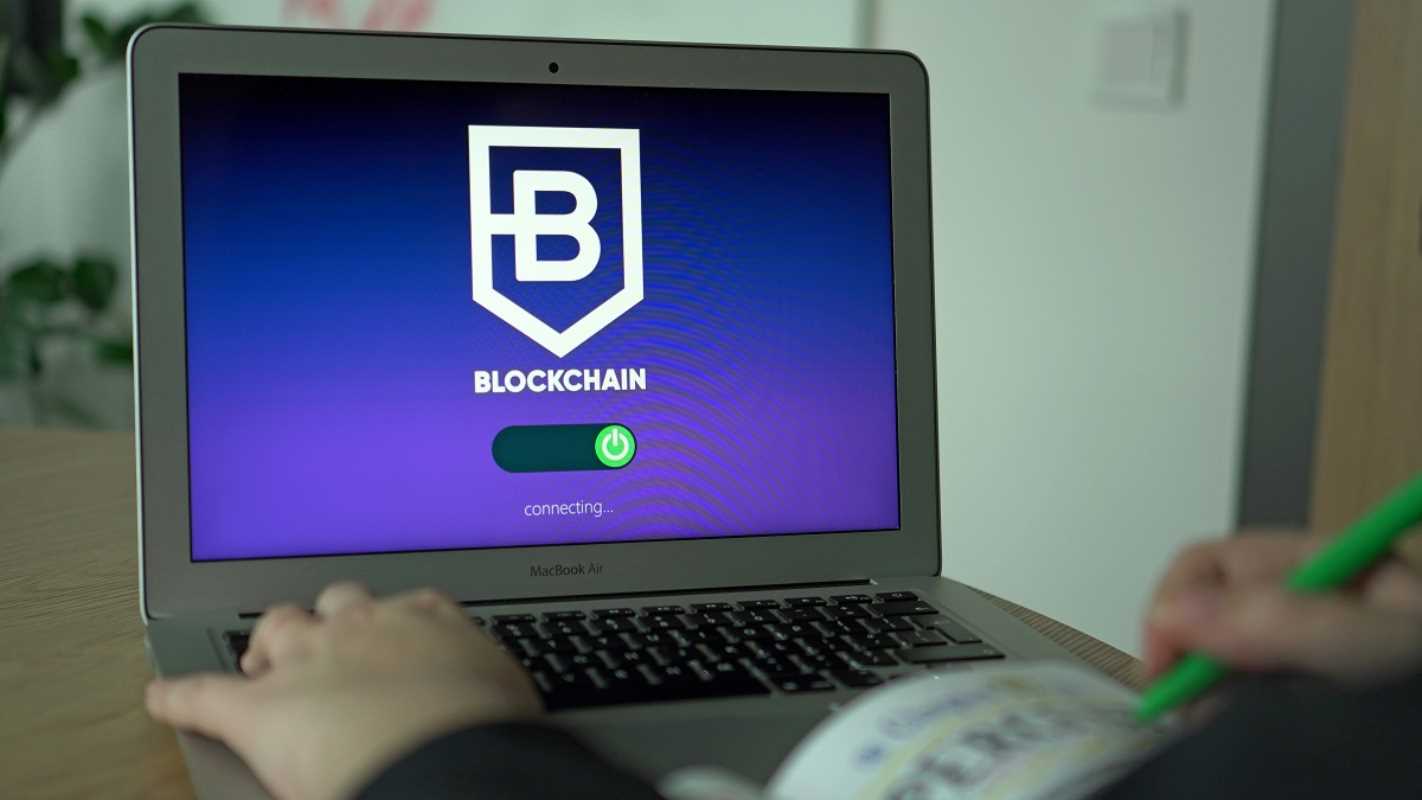Recruiting the right talent can be a game-changer for businesses aiming to innovate and grow. While traditional recruitment channels, such as job boards and recruiting agencies, are commonly used, one often underutilized resource is university career services. Partnering with these offices gives businesses access to skilled candidates, fresh perspectives, and opportunities to enhance their employer brand on campus.
Here, we'll look at how your business can work effectively with university career services to attract top-tier talent. We’ll break down the benefits of these partnerships, share actionable tips for collaboration, and highlight how to maximize recruitment efforts through university networks.
Benefits of Partnering with University Career Services
1. Access to a Diverse Talent Pool
University career services connect businesses with students and alumni from diverse fields of study. They act as a centralized hub for candidates with both foundational knowledge and career-focused training.
By engaging with universities, businesses can access graduates with the latest skills in areas like artificial intelligence, finance, marketing, and more. Additionally, university populations often reflect a high level of diversity, including individuals from different racial, cultural, and socioeconomic backgrounds. This makes campuses an excellent resource for finding talent that aligns with diversity and inclusion initiatives.
Example: Companies like Google and Deloitte work closely with career services at institutions like Georgia Tech and UCLA to recruit engineering and business majors with specialized expertise in their fields.
2. Opportunities for Internships and Early Engagement
Partnering with career services enables businesses to offer internships and co-op programs, which serve as powerful tools for assessing candidates before committing to full-time positions. These opportunities also allow students to gain hands-on experience and develop skills that are directly tied to your business needs.
Research by the National Association of Colleges and Employers (NACE) highlights that interns often convert into full-time hires, with internship programs boasting high return-on-investment (ROI) for employers.
Pro Tip: Engage with career services to host internship info sessions or resume workshops to identify top-performing students who show genuine interest in your company.
3. Enhanced Employer Branding on Campus
Effective collaboration with university career services helps your company build its presence on campus through initiatives like employer spotlights, career fairs, and workshops. Being a recognizable employer increases your attractiveness to students and recent graduates, positioning your company as a desirable place to work.
Example: Microsoft actively participates in university events hosted by career offices, such as talks about technology innovations, to build relationships and establish themselves as a top employer among engineering graduates.
4. Cost-Effective Recruitment Solutions
Working with university career services can be more cost-efficient than traditional hiring methods. These services often offer free or low-cost job postings, access to student resumes, and recruitment event opportunities, dramatically reducing the expenses associated with talent acquisition.
Many universities also provide tailored services, such as virtual interviews or candidate pre-screening, at minimal cost, streamlining the hiring process.
5. Fresh Perspectives and Innovation
Graduates tend to bring fresh ideas, curiosity, and innovative approaches to solving challenges. Collaborating with career services offices allows businesses to tap into this creative energy, particularly from students specializing in emerging industries like renewable energy or data science.
Through events like hackathons, project sponsorships, or case competitions, organizations can not only assess talent but also benefit from creative solutions to real-world business problems.
How to Build Strong Relationships with University Career Services
Establishing effective partnerships with university career services requires intentional strategy and collaboration. Here are actionable tips to help your business get started:
1. Identify Right-Fit Universities
Focus on universities aligned with your industry, hiring needs, and long-term goals. Consider the following factors when selecting institutions to partner with:
- Programs of Study: Look for universities with strong programs in areas relevant to your business. For example, a tech company may prioritize universities with renowned computer science departments.
- Geographic Location: Collaborate with nearby universities to potentially minimize relocation costs and increase networking opportunities with local talent.
- Diversity Goals: Prioritize partnerships with institutions that emphasize inclusive practices and attract a wide range of candidates.
Pro Tip: Start small by focusing on one or two universities, then gradually expand based on your success.
2. Showcase Your Brand Through Campus Events
Participate in career fairs, employer panels, and university workshops to build awareness of your company. Hosting on-campus events such as mock interviews, resume reviews, or industry-specific talks further boosts your visibility and positions you as a highly engaged employer.
Example Event Ideas:
- Sponsor a case competition or hackathon to identify and engage high-performing candidates.
- Offer a guest lecture or masterclass to build rapport with students and faculty while demonstrating expertise in your field.
3. Collaborate on Curriculum Alignment
Engage with career services to provide input on curricula that align with your industry’s needs. This ensures that students at partnering universities graduate with relevant skills that meet your talent requirements.
Example: Amazon works with colleges to design courses focused on cloud computing and logistics management, aligning training with real-world applications critical to their operations.
4. Optimize Job Postings and Resumes Searches
Most university career offices have centralized job boards where you can post positions targeted at their students. Make sure your postings clearly define the role, qualifications, and career growth opportunities to attract strong applications.
Additionally, leverage career services’ resume databases to source candidates proactively and match them with specific positions.
5. Offer Internship and Co-op Programs
Develop well-structured internship or co-op programs that include mentorship, hands-on responsibilities, and goal-oriented projects. Proactively collaborating with career services during the hiring phase optimizes your intern selection and ensures high-quality outcomes.
Focus on mentorship programs within internships, as these foster loyalty and deeper engagement from students who may eventually convert to full-time roles.
6. Engage Alumni Employees to Boost Credibility
Create an “alumni connection” strategy by encouraging team members who attended specific universities to participate in recruitment efforts. Alumni often serve as strong advocates for your brand and can connect with prospective students on a deeper level.
At alumni-student networking events, highlight the career trajectory of alumni currently working in your company to inspire interest and trust.
7. Maintain Consistent Communication
Treat career services as strategic partners. Stay in regular communication, provide feedback, and collaboratively evaluate ways to improve recruitment processes or programming.
Designate a point-of-contact within your HR or recruitment team who can coordinate directly with career offices. Building this rapport not only optimizes recruitment but also ensures long-term success in your collaboration.
Maximizing Recruitment Through Career Services
Even with a strong university partnership in place, ensuring recruitment success requires thoughtful execution. Here’s how to maximize your efforts:
1. Tailor Recruitment Strategies for Different Audiences
Consider the types of candidates you’re targeting. Use personalized language in job descriptions to appeal to specific student groups or programs. For instance, a marketing-specific role might resonate more if it highlights creative and analytical skills over technical prowess.
2. Leverage Data Insights from Career Services
Many career offices collect and analyze data on student employment outcomes, skill trends, and other recruitment metrics. Tap into these insights to refine your approach. For example, if students in a particular program excel in a specific skill set, emphasize the relevance of that skill in your job postings.
3. Focus on a Seamless Application Process
University students and grads can be deterred by lengthy or confusing application processes. Streamline your online application portals and provide clear instructions, deadlines, and timelines for communication.
4. Offer a Structured Onboarding Process
Once you’ve hired through career services, provide an onboarding experience tailored to help early-career professionals thrive. Pair new hires with mentors, create specific learning pathways, and offer growth opportunities that retain talent over the long term.
University career services provide businesses with a wealth of opportunities to recruit talented, motivated individuals who can drive innovation and growth. From forging relationships with career offices to leveraging campus recruiting events, these partnerships offer unmatched access to diverse candidate pipelines, cost-efficient hiring options, and enhanced employer branding on campus.
 (Image via
(Image via





